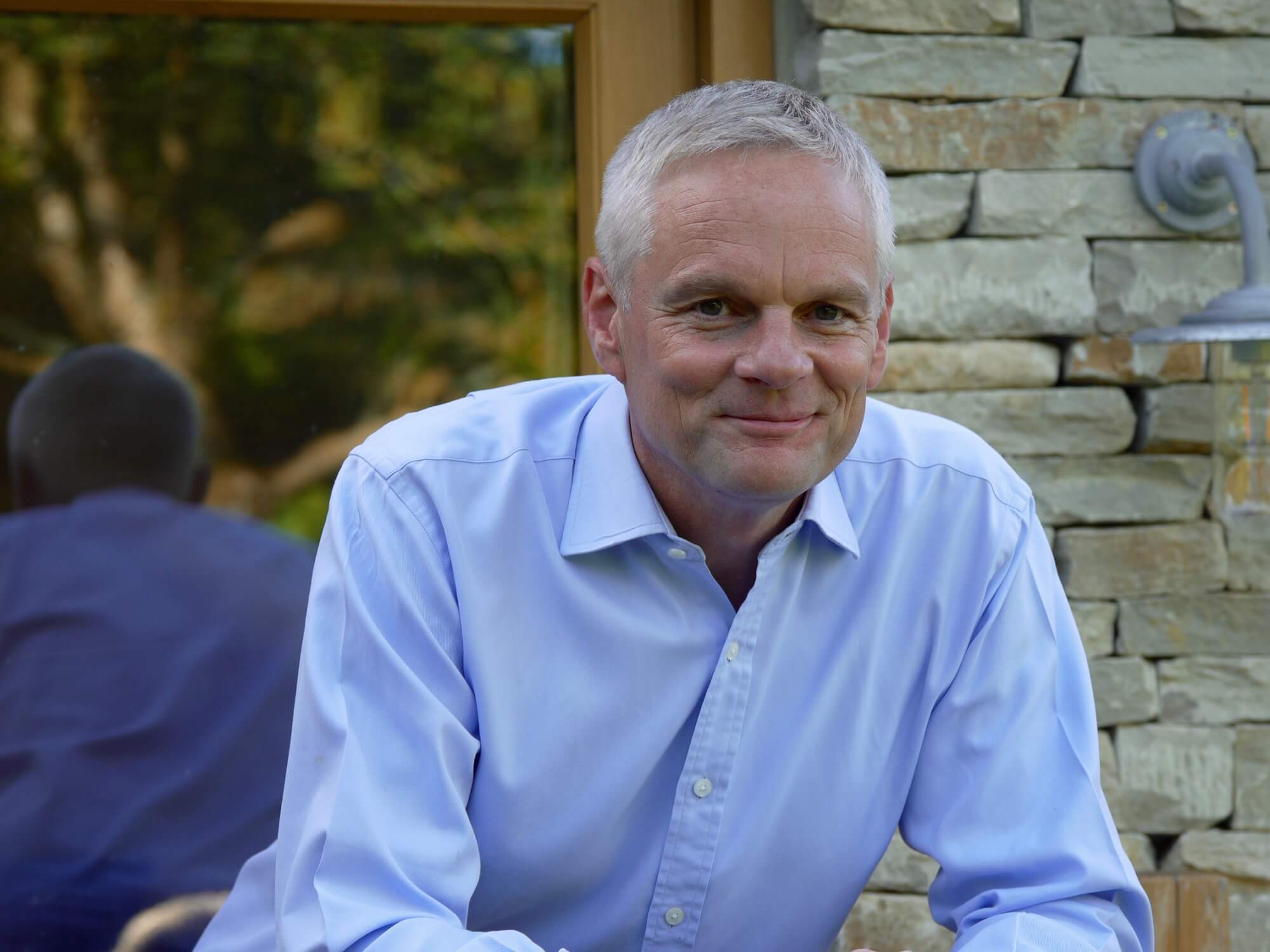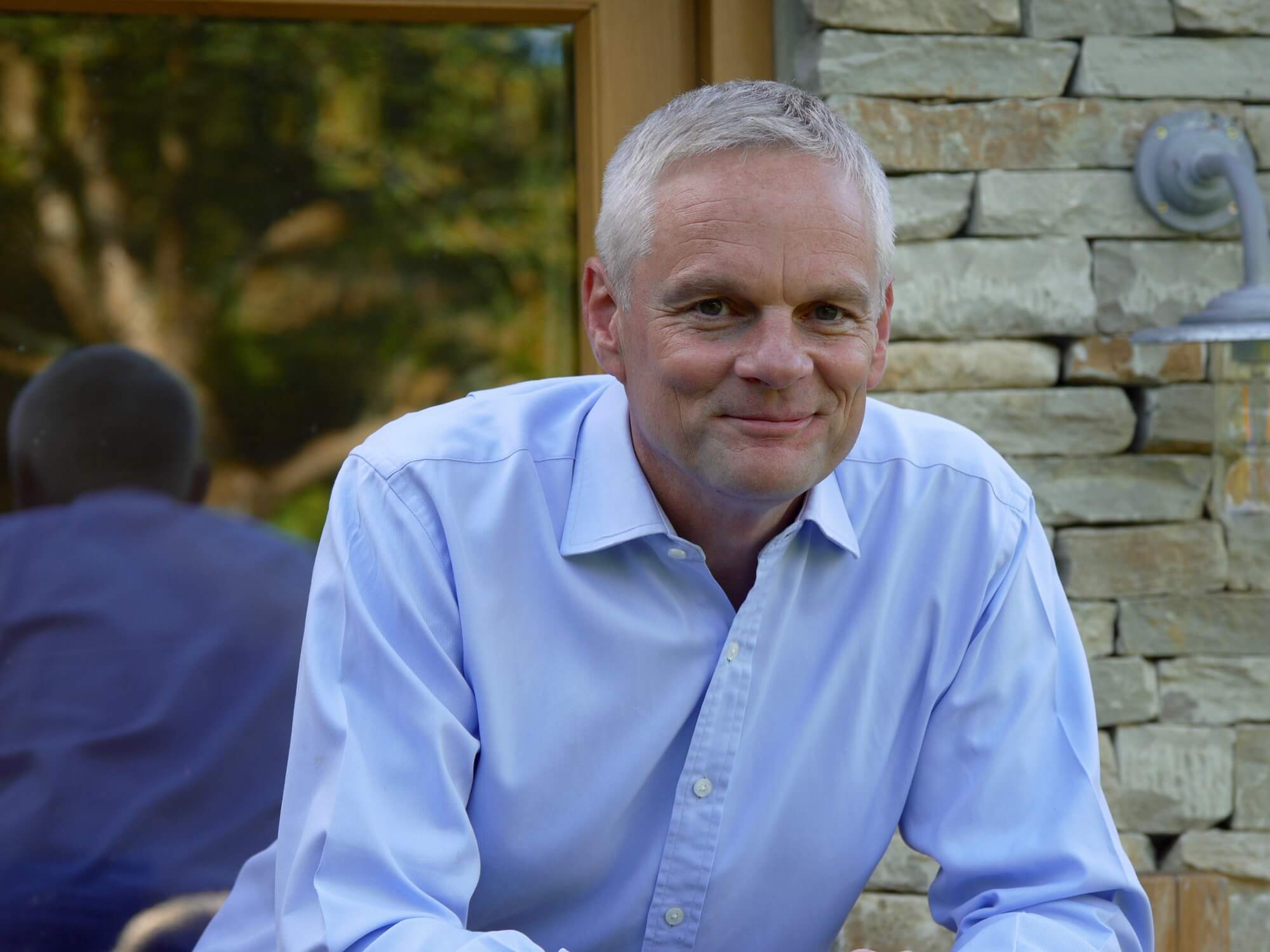Learning from Heart FM: How platform thinking can transform our local services.
By Professor Mark Thompson, Professor in Digital Economy at University of Exeter.
 Heart FM is a network of 43 regional radio stations. When Heart FM listeners tune into their local Heart FM station, they hear local stuff: local DJs, local traffic, local gossip, local businesses, local adverts, local weather, etc. Heart FM focuses on this 'local stuff', because that's what its listeners find important. The rest (digital streaming, back office, - in fact, everything else), is just consumed centrally by all 43 stations. This enables each station to benefit from a best-in-class back office, and to focus on the 'local stuff' their listeners care about.
Heart FM is a network of 43 regional radio stations. When Heart FM listeners tune into their local Heart FM station, they hear local stuff: local DJs, local traffic, local gossip, local businesses, local adverts, local weather, etc. Heart FM focuses on this 'local stuff', because that's what its listeners find important. The rest (digital streaming, back office, - in fact, everything else), is just consumed centrally by all 43 stations. This enables each station to benefit from a best-in-class back office, and to focus on the 'local stuff' their listeners care about.
The digital era enables organisations to focus on what they're good at, where they add value, and stops wasting their time trying to reinvent the wheel in areas that aren't core to what they do, their customers don't care about, and where they're likely to do a substandard job. For example, Heart FM listeners in Birmingham don't find it important that their Birmingham station spends lots of its programme budget on special Birmingham CRM, finance, and digital music systems: building and maintaining local versions of those things adds no value to the customised Birmingham offering, building back-office systems isn't what Heart FM does, and if it did try to build them locally 43 times they'd probably be pretty substandard. It's obvious that this wouldn't be a terribly clever way to run Heart FM.
And yet this is, quite obviously, the way we continue to run our local authorities in the UK. Whilst busy cutting front line services - stuff our customers really care about like health, social care, libraries, day-care, youth centres, parks, and other vital services, councils continue to build and maintain custom versions of tons of back-office stuff that no-one outside the council hierarchy cares about. Building and running this stuff isn't core to what councils do, it adds no value at all to the front line, and it's usually substandard. I estimate that all this nugatory wheel-reinvention consumes around 30% of the total budget for local services, most of which (and we're talking billions here) should be spent on the front line.
Now councils don't do this by design: we do this because we inherited this way of doing things from the last century, before the arrival of the internet and the huge possibilities opened up by the digital economy. As ever, the challenge is cultural, not technical: in the digital economy, successful organisations focus on the areas where they add value, and standardise, share, and consume the rest. As a business school professor, I worry less about the tech and more about what this means for how we organise our businesses, if only we can change our thinking and challenge some of our cultural traditions around how we do things. We know our local government model is broken, and that without radical change will only get worse.
Mark's talk at the recent Jadu Academy focused on how we can start to apply the Heart FM model to make sure that doesn't happen in local Government.
Keep an eye on our YouTube channel for the video recording coming soon.



Leave a comment